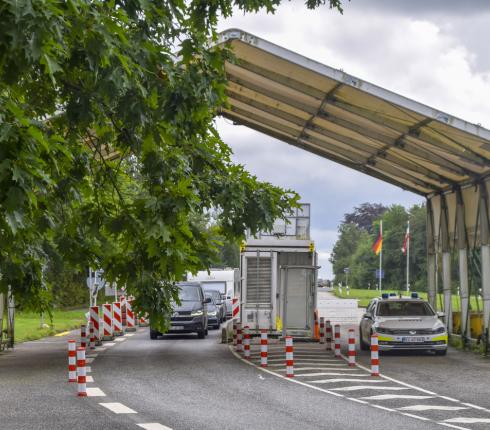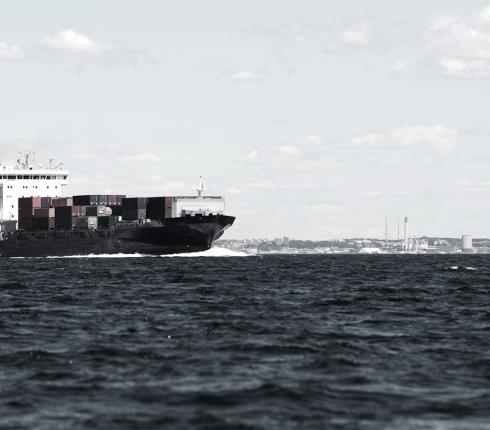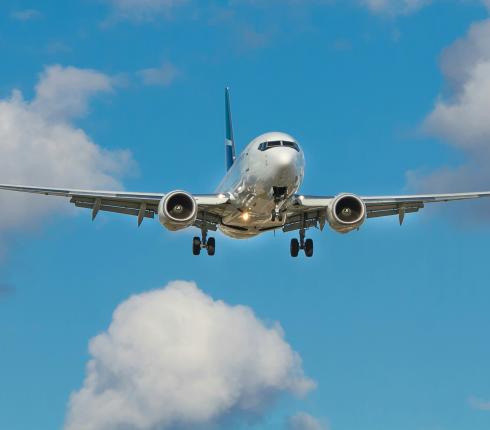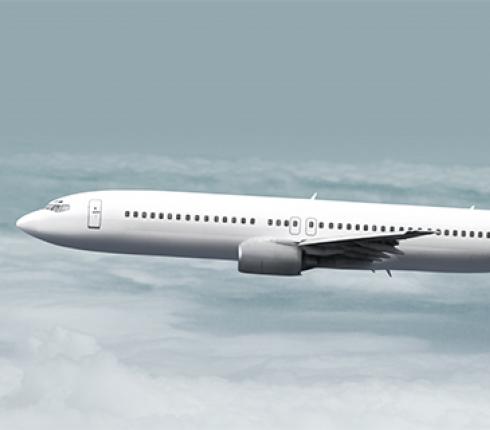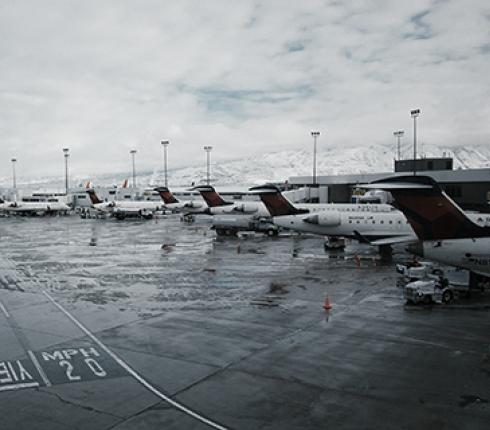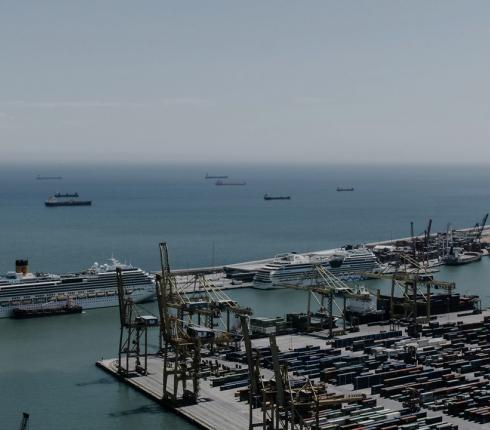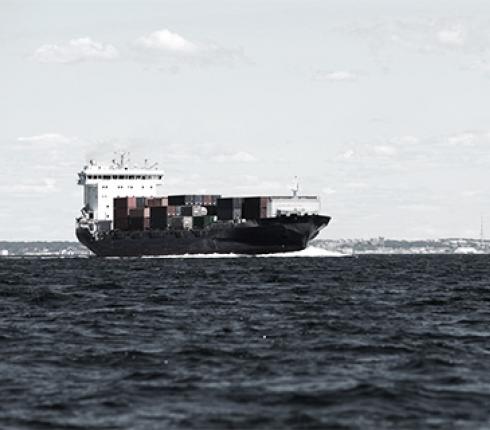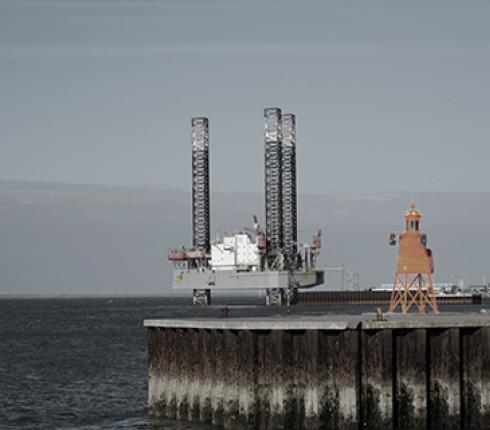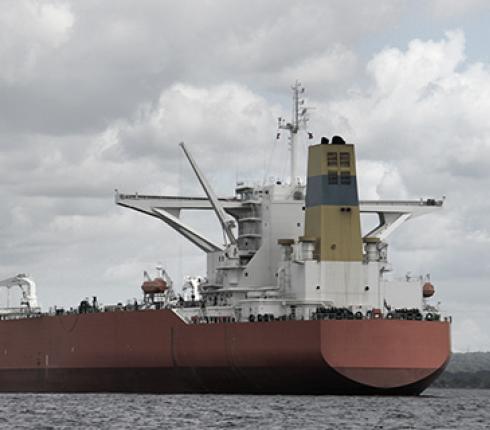Pilotage Briefing: Denmark
Awareness of local regulation is important when employing the service of pilots. This briefing summarises the main features of pilotage in Denmark.
The Danish pilotage regulation
The Danish pilotage system was modernized by the revision of the Danish Pilotage Act in 2006. Enhanced efficiency and competition in the pilotage sector was one of the key motivations behind the revision. As a result, private pilots were allowed to conduct regional pilotage (i.e. pilotage commencing or ending at a Danish port). Non-regional pilotage of ships passing through Danish waters was still reserved for the state-owned pilotage company, DanPilot. However, from July 2014 further amendments to the Danish Pilotage Act opened the market of non-regional pilotage for private pilotage companies as well.
The pilotage requirements can be met either by employing a certified pilot or by using a master holding a Pilot Exemption Certificate (PEC). If the master of the ship holds a PEC, the ship will be exempt from the pilotage requirement. The Danish Maritime Authority conducts certification of pilots and PEC’s. Further details can be found at http://us.lodstilsyn.dk/.
Violation of the pilotage or authorization requirements in the Pilot Act is subject to a fine or imprisonment up to one year. Furthermore, the sanctions apply to the Captain as well as the Shipowner in case of breach of the mandatory pilot requirements.
Pilotage fees
By law, DanPilot must offer pilotage service for every vessel travelling in the Danish sea territory, in the Danish exclusive economic zone or in other nearby countries’ exclusive economic zones upon request, provided the company receives a notice no later than 18-24 hours before the pilotage is due to take place. DanPilot’s pilotage fee comprises a basic fee of DKK 3,020.00 together with a fee based on the vessel’s dimensions, the draft during pilotage and the number of nautical miles sailed during pilotage. The private pilotage companies are free to determine the level of their own fees.
Compulsory/mandatory pilotage
Pilotage is mandatory within Danish territorial waters for:
- Ships carrying chemicals, gas, radioactive material or 5.000 or more tons of bunker oil,
- Ships carrying oil or with uncleaned cargo tanks that have not been rendered safe with an inerting system,
- Ships being towed through fairways,
- Ships that docks at one of a selected number of ports and has certain dimensions as specified for each port. Each port and the criteria of mandatory pilotage are set out in the Compulsory Pilotage Regulations, which have been in force as of 25 May 2012. Further information can be found at http://us.lodstilsyn.dk.
A range of exemptions applies to the pilotage requirement, including for offshore support vessels carrying certain cargoes as well as for other vessel and cargo types, and for certain geographical areas.
In addition to the above requirements, the Danish Maritime Authority may impose compulsory pilotage requirements if special safety reasons or circumstances apply.
Finally, IMO recommends the use of a pilot for ships that transit Danish territorial waters through “Route T” or “the Sound”, if the vessel has a draught of 11 meters (7 meters for loaded oil tankers). Further information can be found in the IMO Recommendations N.1/Circular.263 of 23.10.07, section 1.9 and 1.14.
Liability/exemptions from liability
According to Section 151 of the Danish Merchant Shipping Act, the ship owner is liable for damage caused by the fault or negligence of a pilot who is acting in service of the ship. This applies, regardless of whether the use of the pilot is compulsory and regardless of whether the pilot is employed by a private pilotage company or by the state company, DanPilot.
As for the scope of the term “in service of the ship”, case law and legal theory indicate that as long as the negligent act has a reasonable connection with the tasks designated to the pilot, the ship owner will be held liable for the pilot’s negligence. If the pilot acts outside the scope of his tasks and duties, he may be held liable instead of the ship owner, depending on the degree of negligence of his actions and the specific circumstances.
Vessel Tracking Systems (VTS)
The Danish Maritime Authority employs a modern Automatic Identification System (AIS) to monitor the Danish territorial waters. Every ship with a gross weight of 300 tons or more, every passenger ship and every fishing ship with a length of 15 meters or more are obliged to have class A-marked AIS technology. Land-based AIS posts along the coasts of Denmark support the AIS of the ships. By communicating with the AIS posts at land, the ships can obtain a clear view of the marine traffic in a specific area.
Failure to comply with the VTS demands is subject to a fine or, in case of gross negligence or intent, imprisonment up to one year according to the Danish Safety at Sea Act from 2014.
A skillful legal adviser who knows how to navigate international conventions and liabilities, is essential for companies in the maritime industry. NJORD’s expertise enables us to handle all legal assignments within maritime and transport law. We have a wide, international network at our disposal providing us with the necessary knowledge within the area.


